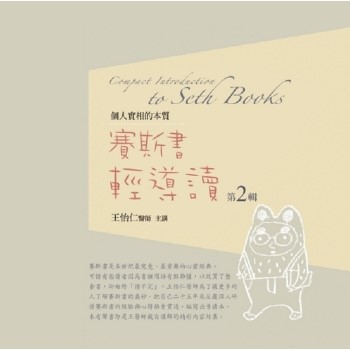My Heart After Esther could be considered a philosophy of love in the skin of a romance novel, or a romance novel in the skin of a philosophy of love, but it is ultimately a story about love and philosophy in a way that romances the two. In this work of literary meta-fiction, two stories are interwoven into one. The first story is about the translator of the second story, Gustav Z. Itohahn and his love for the author and his work he is translating, the mysterious pseudo philosopher Jorge Manuel Belmarez. In the second story, we read Itohahn’s presentation of Belmarez’s story of love, which dares to challenge every idea of love and marriage from the vow "till death do we part" to the old courtly-love edict that "marriage is no proper defense against love." This new take on philosophical fiction may somehow find itself in the memory of its readers as more than an experiment in story-telling, but truly an experiment in challenging our deepest ideas and beliefs.
| FindBook |
有 1 項符合
My Heart After Esther: A Mystic’’s Philosophy of Love的圖書 |
 |
My Heart After Esther: A Mystic’’s Philosophy of Love 作者:Aki 出版社:Lulu.com 出版日期:2017-01-24 語言:英文 規格:精裝 / 270頁 / 22.91 x 15.19 x 1.91 cm / 普通級/ 初版 |
| 圖書館借閱 |
| 國家圖書館 | 全國圖書書目資訊網 | 國立公共資訊圖書館 | 電子書服務平台 | MetaCat 跨館整合查詢 |
| 臺北市立圖書館 | 新北市立圖書館 | 基隆市公共圖書館 | 桃園市立圖書館 | 新竹縣公共圖書館 |
| 苗栗縣立圖書館 | 臺中市立圖書館 | 彰化縣公共圖書館 | 南投縣文化局 | 雲林縣公共圖書館 |
| 嘉義縣圖書館 | 臺南市立圖書館 | 高雄市立圖書館 | 屏東縣公共圖書館 | 宜蘭縣公共圖書館 |
| 花蓮縣文化局 | 臺東縣文化處 |
|
|
圖書介紹 - 資料來源:博客來 評分:
圖書名稱:My Heart After Esther: A Mystic’’s Philosophy of Love
|











